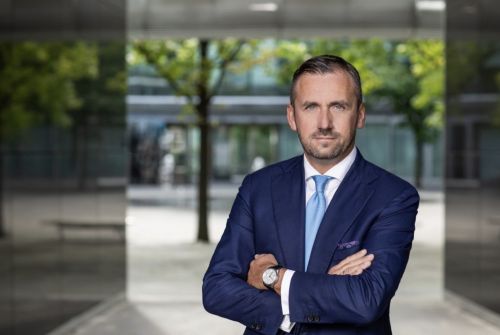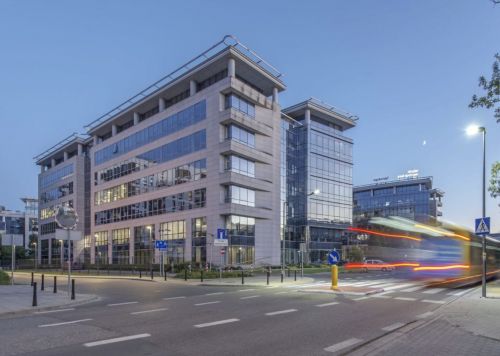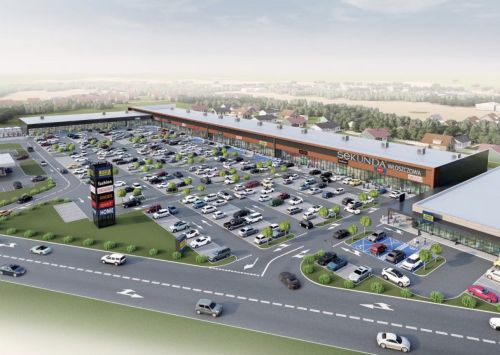And yet, it is still alive. There have been no widespread bankruptcies or distressed sales in Poland or the region. Recently Ott Ventures even launched its Velvet fund to invest in hotel assets in the CEE region. So despite all the agony it has been going through, the confidence in this sector for a full recovery remains strong. But for many in the business, especially smaller companies and individual owners, the hard part was always going to be surviving the lockdown in the meantime.
Apart from a brief respite in the summer, when the lockdown restrictions were relaxed, the story for the hospitality sector in 2020 in the region has very much been one long tale of woe. The initial closure of restaurants (including hotel restaurants) in mid-March was then followed by the announcement at the end of the month of further restrictions on taking in guests, which basically limited operations to accommodating those who were already in quarantine. Bookings had to be cancelled across the board.



























































